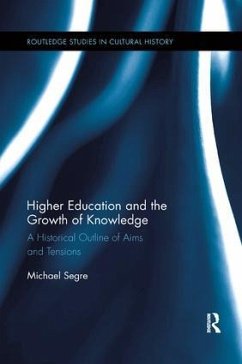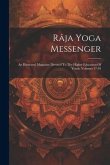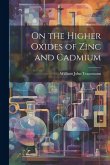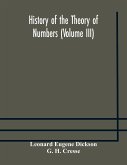This book sketches the history of higher education, in parallel with the development of science. Its goal is to draw attention to the historical tensions between the aims of higher education and those of science, in the hope of contributing to improving the contemporary university. A helpful tool in analyzing these intellectual and social tensions is Karl Popper's philosophy of science demarcating science and its social context. Popper defines a society that encourages criticism as "open," and argues convincingly that an open society is the most appropriate one for the growth of science. A "closed society," on the other hand, is a tribal and dogmatic society. Despite being the universal home of science today, the university, as an institution that is thousands of years old, carries traces of different past cultural, social, and educational traditions. The book argues that, by and large, the university was, and still is, a closed society and does not serve the best interests of the development of science and of students' education.
Hinweis: Dieser Artikel kann nur an eine deutsche Lieferadresse ausgeliefert werden.
Hinweis: Dieser Artikel kann nur an eine deutsche Lieferadresse ausgeliefert werden.








